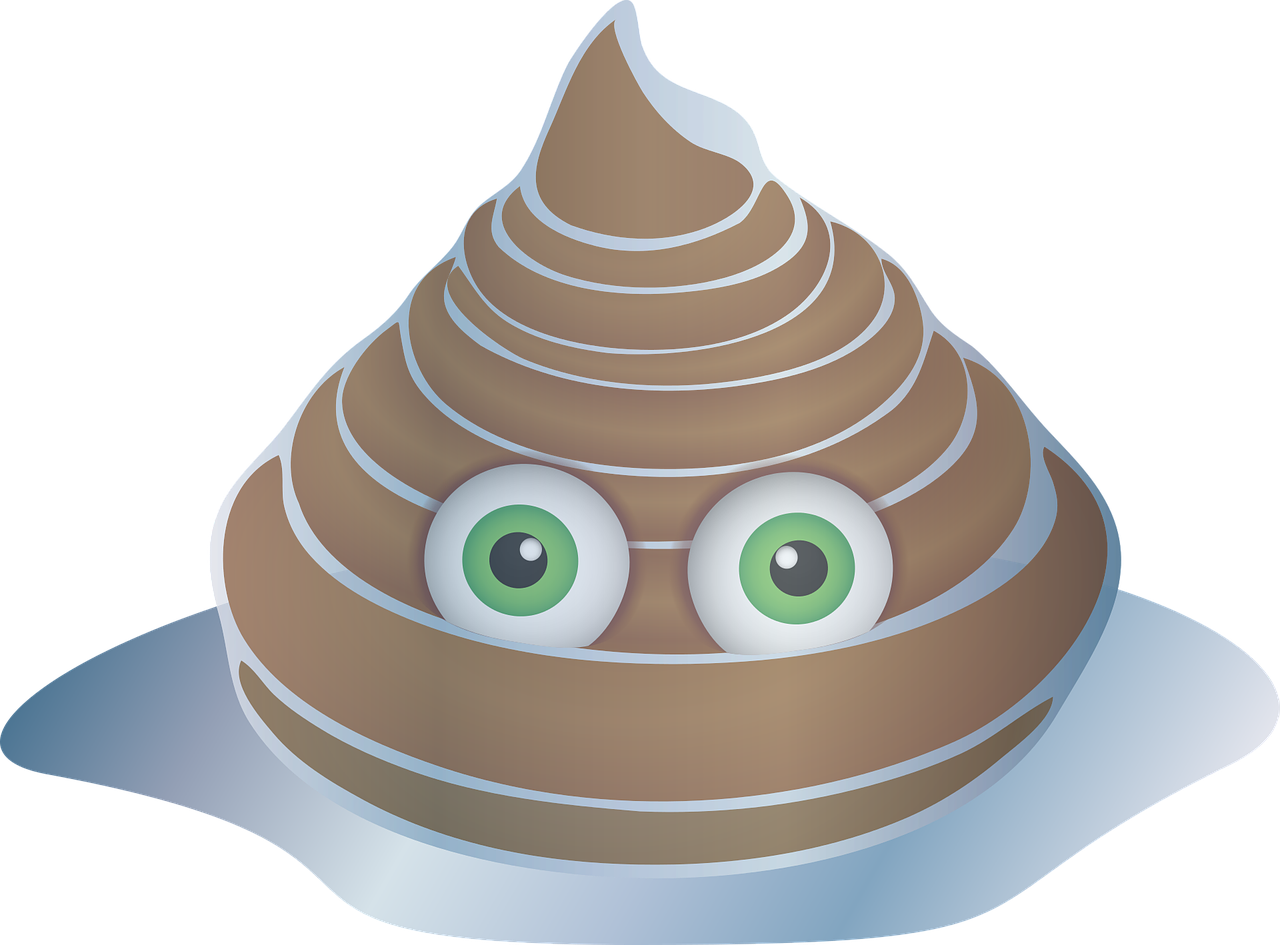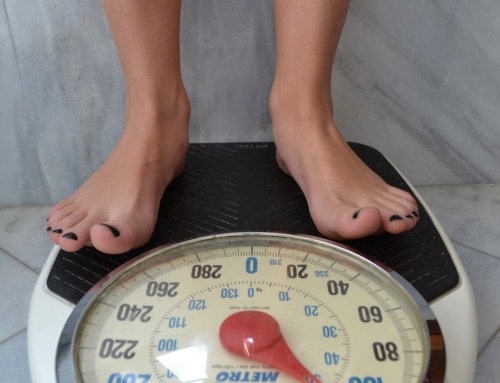If you have chronic bloating, diarrhea/constipation, abdominal pain, blood in your stool, mucous in your stool, intermittent hives or sudden onset of hives you might just have a parasite or bacteria! In the last 6 months alone, there have been numerous recalls on food items for contamination. Several different bugs have been culprits including E Coli, salmonella and listeria to name a few. While you may know right away when you get food poisoning sometimes the effects are more subtle or just linger… and linger.
READ ON to find out why traditional testing methods fail at identifying these creepy crawlies and what you need to do to figure out what is going on with your gut!
When you are dealing with a stool pathogen it becomes important to identify which one you have. For example, if you have hemorrhagic EColi the treatment is supportive care because if you use antibiotics in these cases it can cause even more damage to the gut lining when the bug dies. Obviously, you would treat yeast different than hookworm but they can both cause bloating and other issues. Therefore, testing becomes important but our results are only as good as the tests which is sometimes just pitiful. Many traditional stool analysis rely on actually finding the eggs and the actual parasites. In many cases, for these tests to be positive you would have to have a florid infection. In addition, when doctors turn in the orders we have to pick exactly what we are looking for. There are a few combined panels that might look for a couple of different parasites but nothing that really gives you a broader picture with traditional testing. Cue, panels of DNA testing using quantitative PCR. I won’t go into the details but bottom line is you don’t have to see the creepy crawly to diagnose it. If the bug is in your system shedding DNA then there is a good opportunity we can figure out what is going on. Huge difference! And… we can get a wide range of bacteria, bugs, viruses tested all at the same time without having to know which one you have.
Here is what I would do to test for parasites…
- Choose a test that uses the quantitative PCR methods
- Choose a test that gives you a broad range of pathogens tested rather than one or two
- Do the test within 24 hours of having symptoms (parasites have life cycles and can be in egg form and hard to find even with DNA testing so you wait until they hatch)
- Have a high degree of suspicion when looking at the results. Often bacteria and parasites get overlooked because the levels detected are in “normal range”. There are some people who will be symptomatic with lower levels.
*our test we use meets these specifications.
I have seen 6 different cases in the last few months of the hemorrhagic E Coli that has been on people’s lettuce and spinach and they didn’t present with the classic symptoms of massive diarrhea. They all had significant bloating with a multitude of different symptoms varying from person to person. If we had not have tested we would have never figured it out!
Here are some other cases that stool analysis was useful….
This patient suddenly started itching and had hives all over then the symptoms just progressed to an interesting constellation of light-headedness/dizzy spells all the results of an unidentified parasite that they had gotten over a year ago! When treated the symptoms started to improve.
Another patient had severe bloating, joint pain & fatigue…… yeast overgrowth was the diagnosis.
This patient had severe diarrhea and was told they had Ulcerative Colitis. We changed their diet and used some special supplements and they improved but kept having some cyclical episodes so we did a stool analysis. Turns out they had a parasite! Treated this and with the combination of the change in diet they avoided Humira.
So many more case studies to share but I think you get the picture.
There are also some key markers that become very important when evaluating the health of the gut. Measuring the normal bacterial flora, looking at yeast overgrowth, digestive markers, immunoglobulin markers, blood in the stool as well as H pylori and anti-gliadin (celiac) antibodies are extremely useful.
If you have any of the symptoms I discussed that just won’t resolve you might just need a comprehensive stool analysis! Call us today and let’s get that done. It’s a little bit of a science experiment that you get to do in the privacy of your own home and mail it off. Down side is it does take several weeks for results to return so if you are having problems do it sooner than later.
To your health,
Laura









